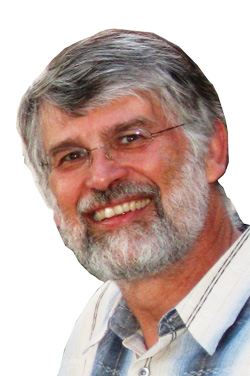
Candidate for President
Robert N. Ronau
University of Louisville, Department of Middle & Secondary Education
I am a professor of mathematics education at the University of Louisville, where I teach graduate courses in mathematics education and education research. My research interests and publications include implementation of instructional technology, teacher knowledge, and teacher preparation and assessment. Over the last twenty years, I have been a part of numerous state-wide and local grant efforts including development of State Wide Mathematics Core-Content and Assessments, DTAMS (Diagnostic Teacher Assessments), a Curriculum Alignment project using the Common Core State Standards for Mathematics for the Chief State School Officers and published an edited book on Education Technology Research that provides strategies and examples for conducting education technology research. I serve as a Co-PI on the NSF Funded project, Geometry Assessments for Secondary Teachers and am a project examining mathematics education technology research by coding over 1700 manuscripts for content and quality.
I am a long-time member of AMTE and believe that the organization has a very unique function in mathematics education. I have served as a member and chair of the Technology in Mathematics Teacher Education committee for four years (chair in 2009), where I had the privilege of contributing to a number of conference pre-sessions that included introducing new computer and calculator technologies, demonstrating TPACK levels and categories, and developing the AMTE policy statement for a TPACK Framework. This particular committee has published reports and journal articles to widen the scope of AMTE’s impact on the field.
As much as we share a common vision of improving mathematics education for all students, mathematics teacher educators have a wide range of approaches for achieving this vision. The goals of AMTE (effective programs and practices, communication and collaboration, high quality research, professional growth, and equitable practices) help unify these approaches to improve the effectiveness of the field as a whole. The AMTE goals serve well as a cohesive framework to guide this work. My vision would include the following emphases.
- Encourage and support collaborative efforts within the AMTE membership to provide evidence of what strategies work most effectively for teacher.
- Provide additional guidance for preparing of a diverse group of doctoral students to be nationally competitive.
- Continue to develop the ability of AMTE to connect to members through a variety of support structures.
- Develop research and publication opportunities for members, by linking those working together within and outside AMTE committee work.
